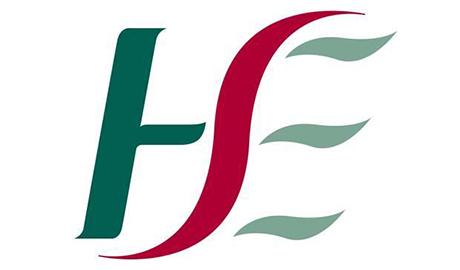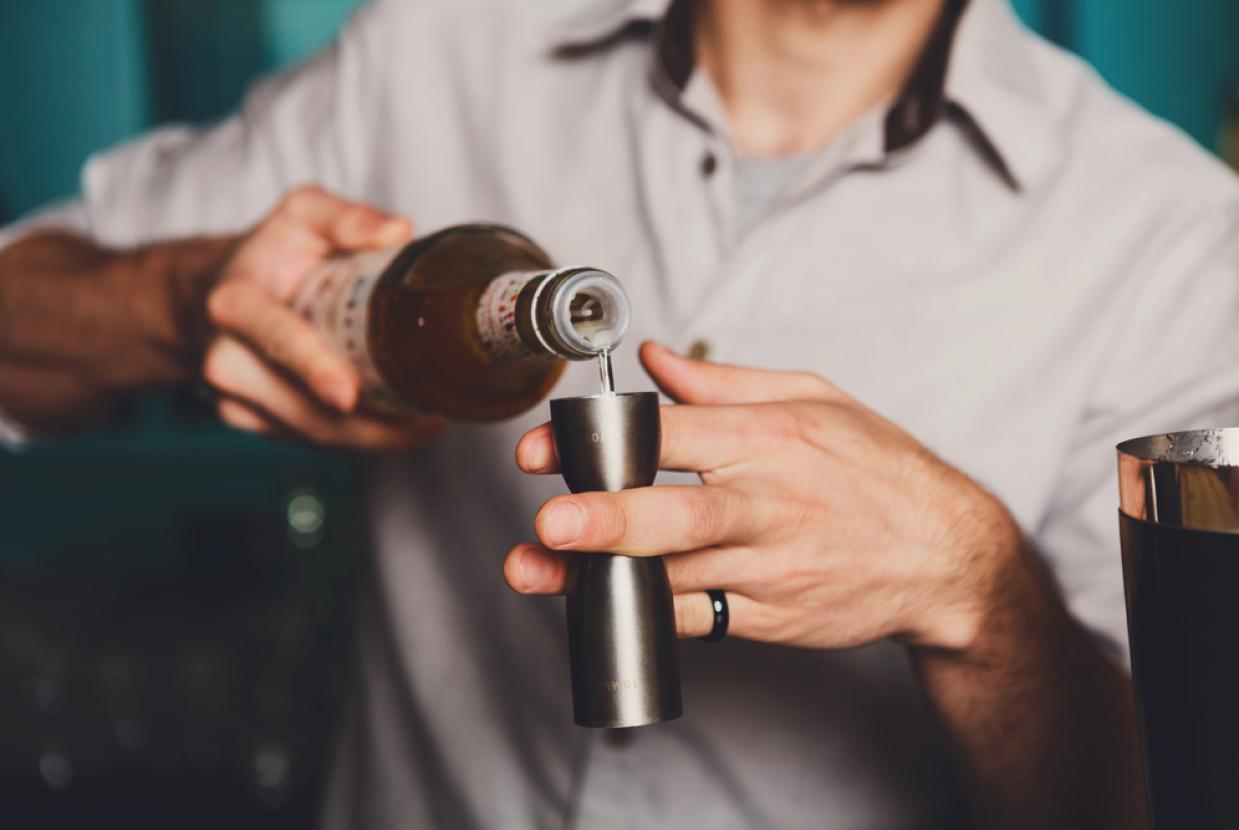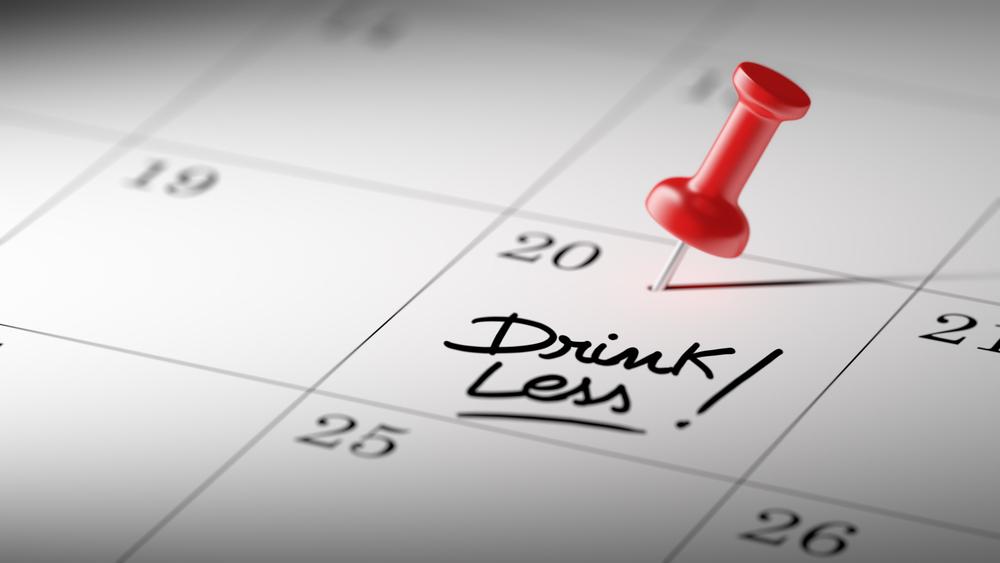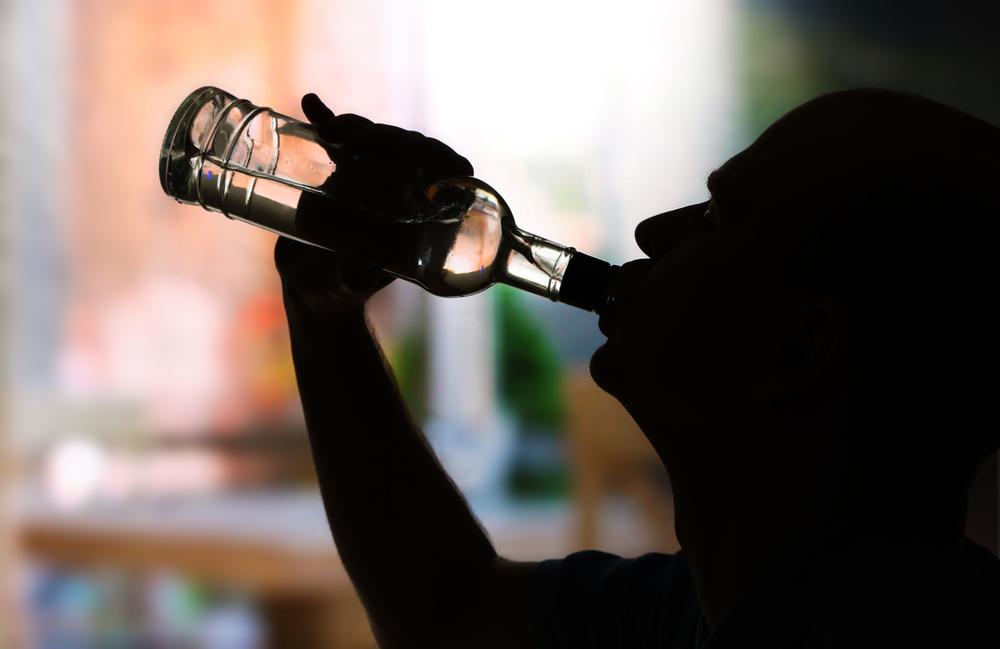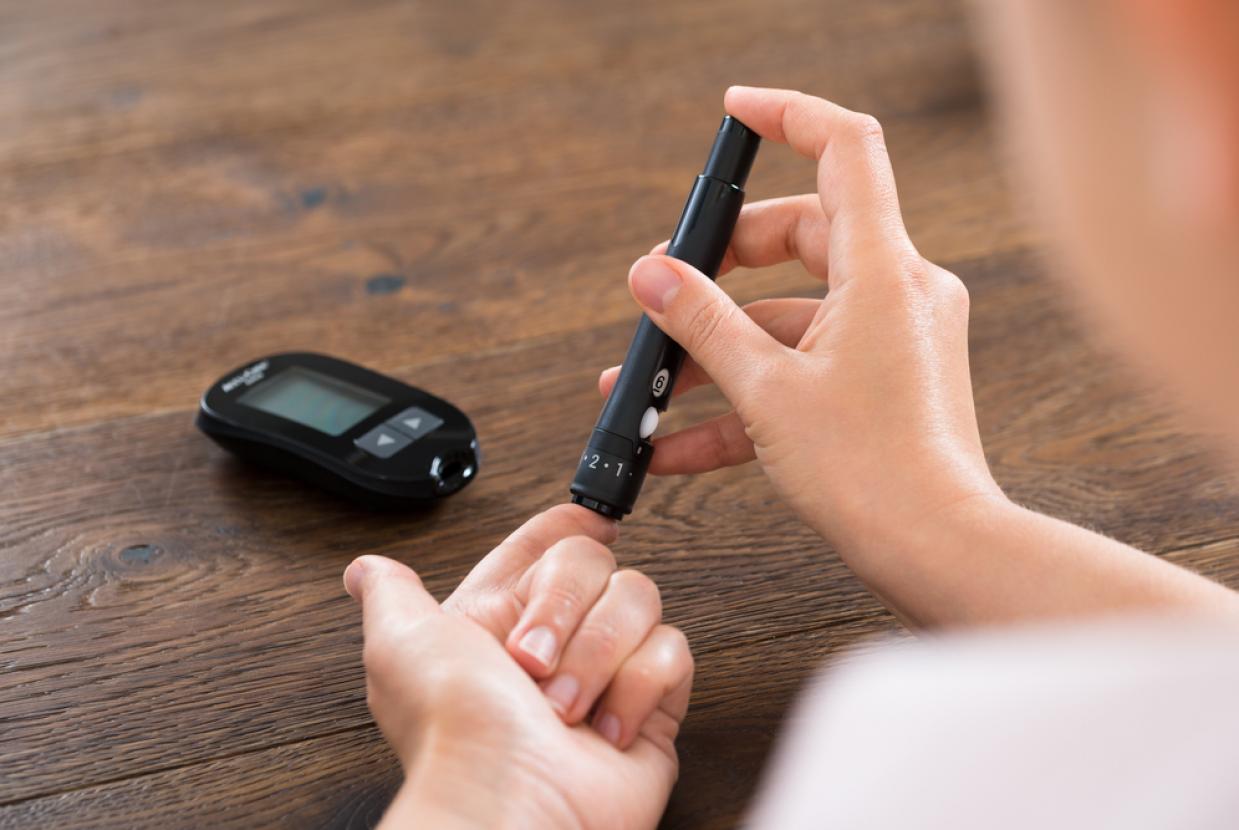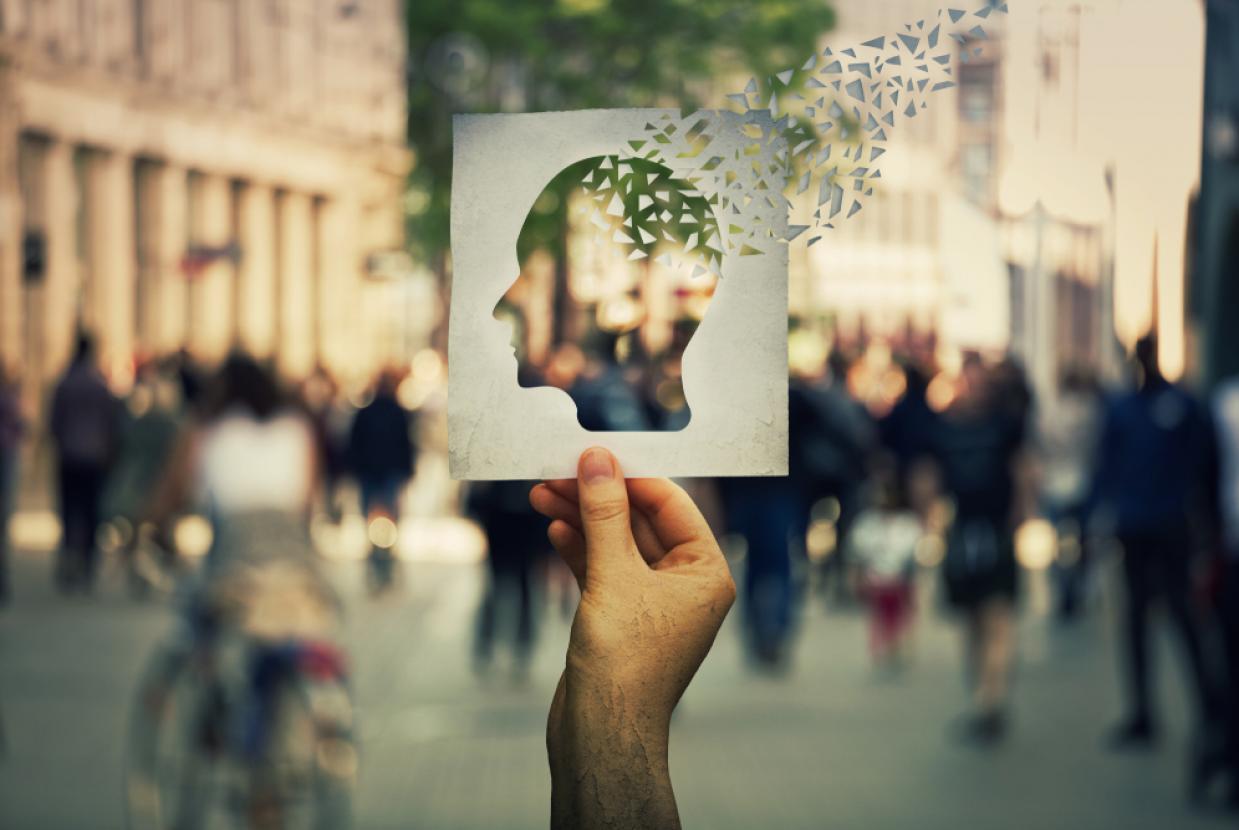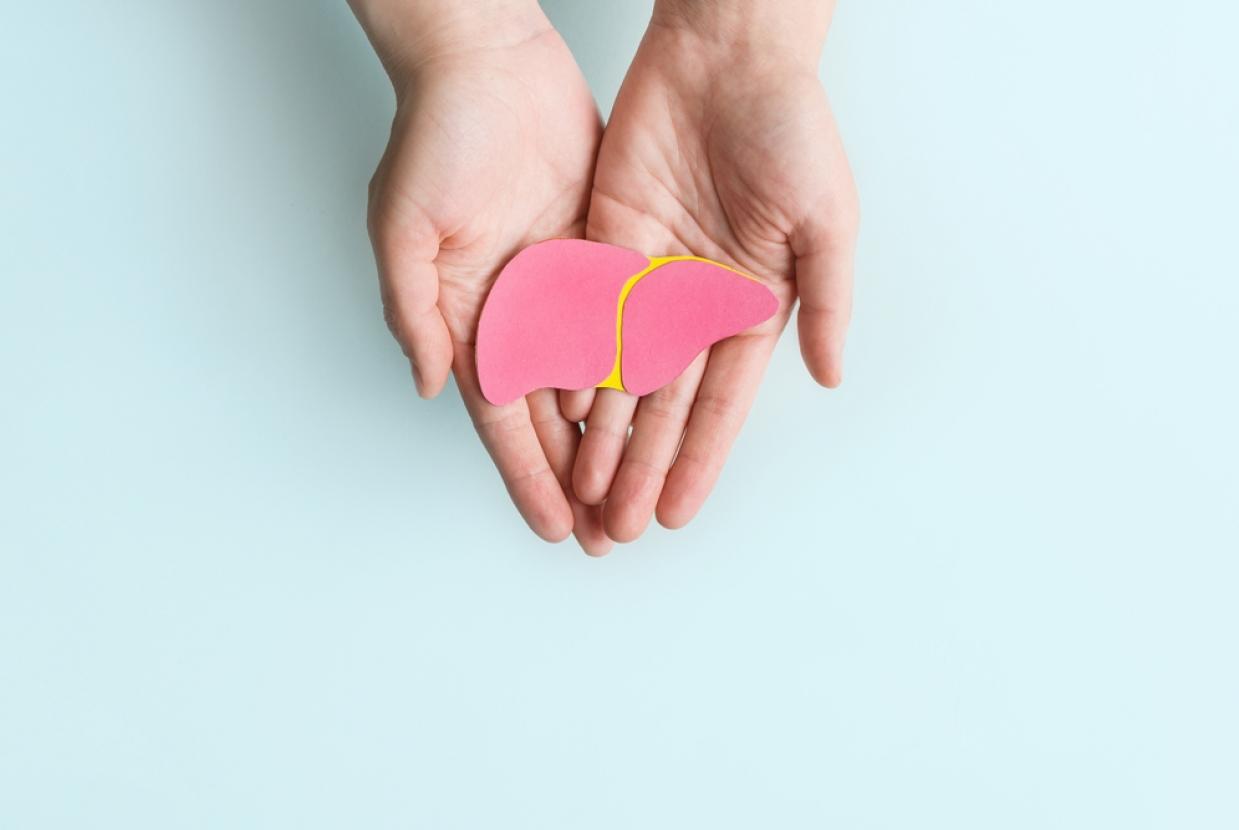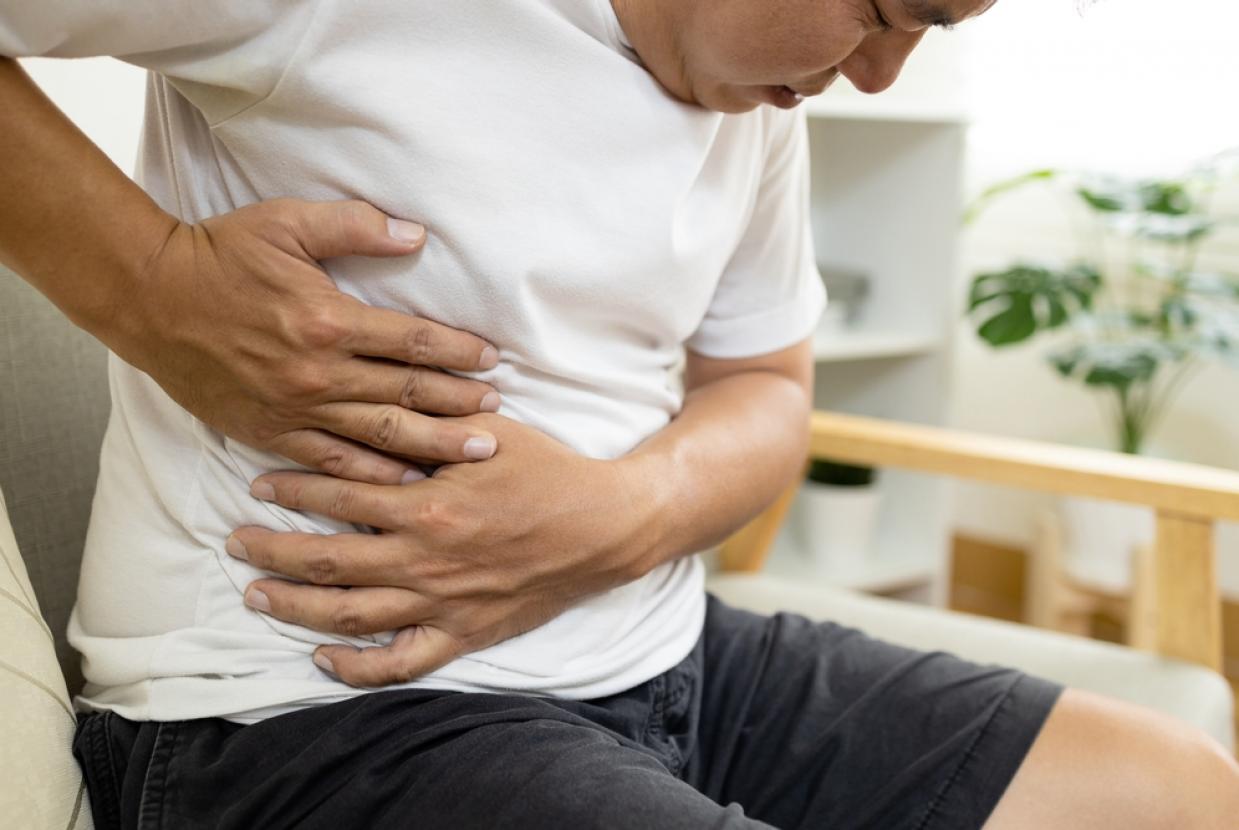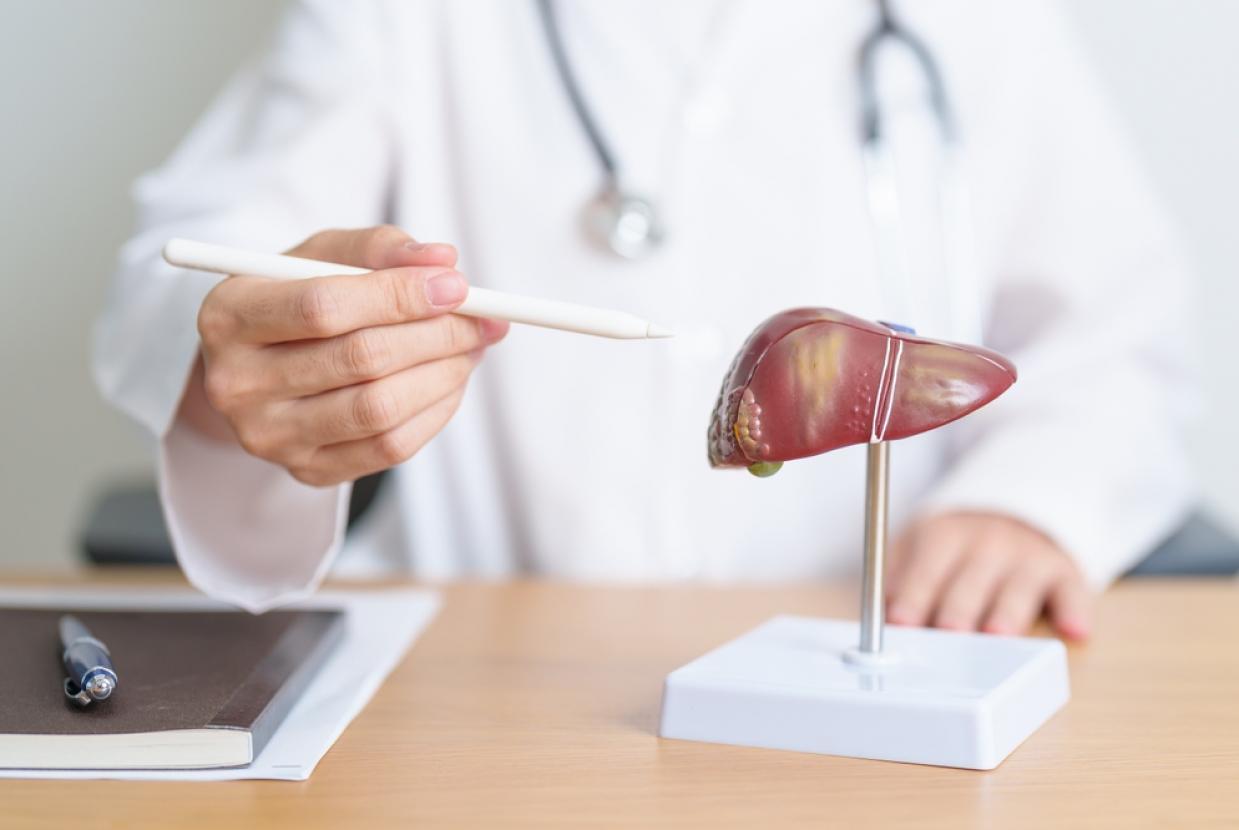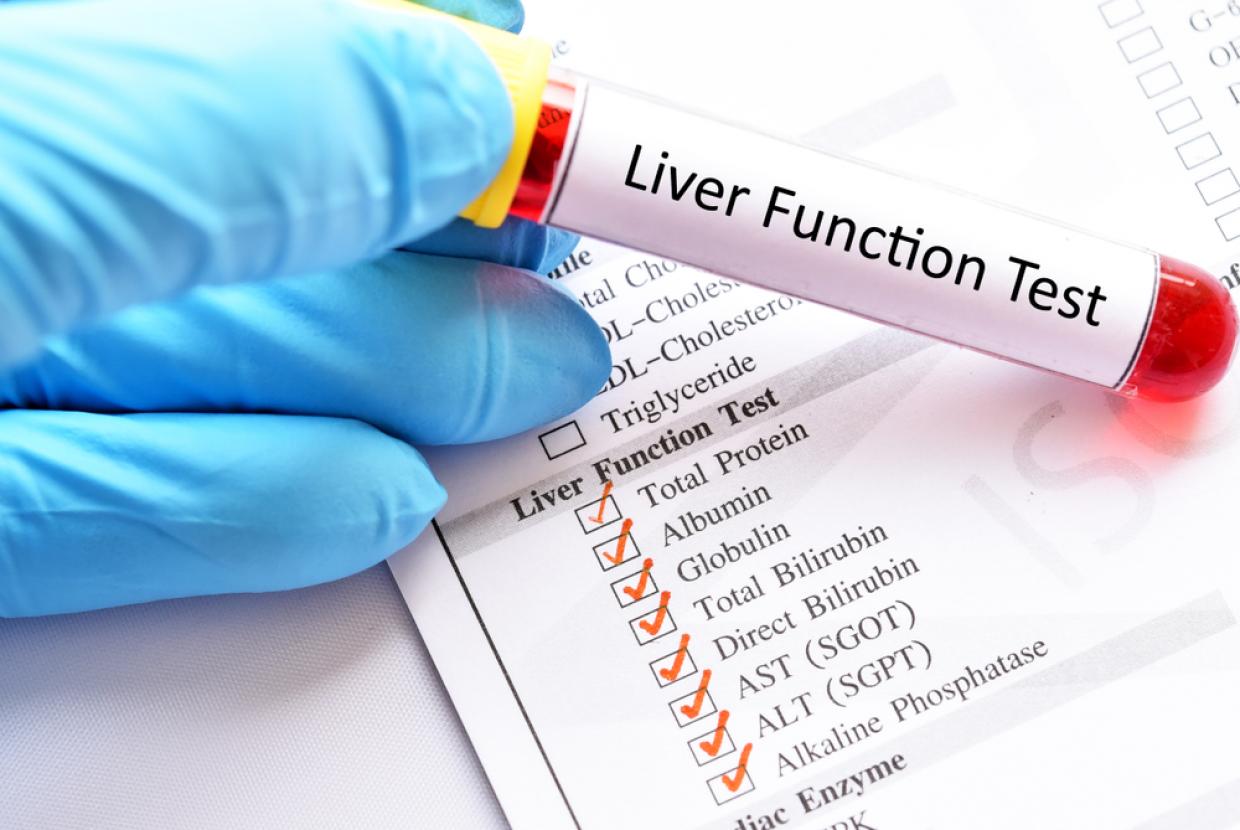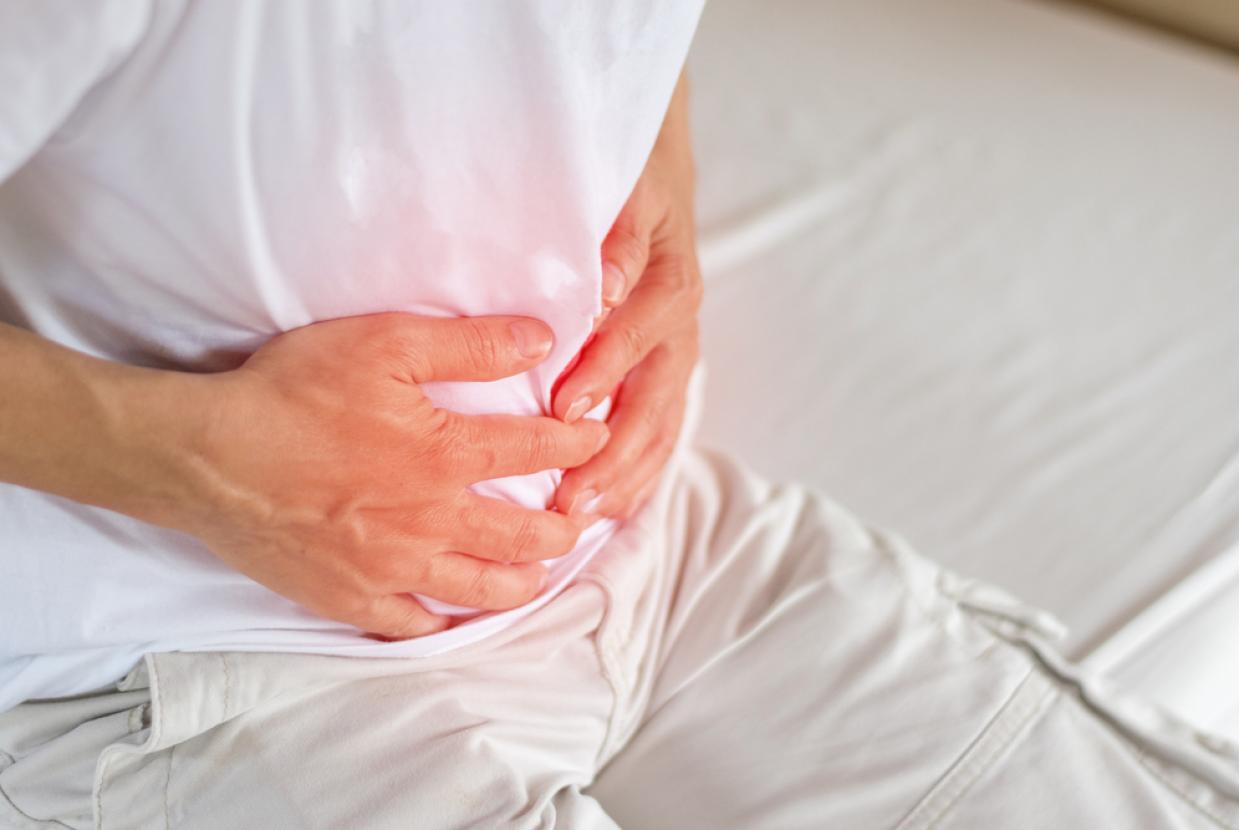How Alcohol Affects Your Heart & Blood Pressure
A lot of alcohol over a long time - or too much on a single occasion - can damage the heart or interfere with the way it works. This can cause different problems, including:
- high blood pressure (hypertension)
- increased risk of strokes
- cardiomyopathy (stretching and drooping of the heart muscle)
- arrhythmias (irregular heartbeat)
High blood pressure (hypertension)
High blood pressure is the most common alcohol-related health problem. Many people don’t realise they have it. Drinking a lot of alcohol can affect the muscles in your blood vessels. This can cause them to become narrower.
The more alcohol you drink the higher the risk of developing hypertension. If you drink regularly you are at risk, especially if you’re over the age of 35. One drink a day can increase the risk.
When your blood vessels are narrower, the heart has to work harder to push blood around your body. This makes your blood pressure go up. High blood pressure can significantly increase your risk of:
- stroke
- heart disease
- vascular dementia - caused by not enough blood being able to get to the brain
- chronic kidney disease
Reduce your risk of hypertension
Hypertension is one of the most preventable alcohol-related problems. Drinking less alcohol lowers your blood pressure. Reducing the amount you drink can help you lose weight. This is also good for heart health.
Hypertension causes most problems when it’s left untreated. Get your blood pressure checked regularly so that you can get treatment if you need it. Your GP or pharmacist can check your blood pressure.
Stroke
A stroke happens when blood cannot reach the brain. Binge drinking and long-term heavy drinking can lead to strokes.
Alcohol also causes other problems that can lead to strokes, or makes them worse. For example, high blood pressure, irregular heartbeat, and weakened heart muscle.
Stretching and drooping of the heart muscle ( cardiomyopathy)
Long-term heavy drinking can cause the heart muscles to weaken. This is called alcoholic cardiomyopathy. If your heart muscle is droopy and stretched it can’t pump blood around your body very well. If the blood flow to other parts of your body is not enough, it can damage organs and tissues.
It can also cause symptoms like:
- breathing difficulties
- extreme tiredness
- swollen legs and feet
- irregular heartbeat
- heart failure
Irregular heart beat (arrhythmias)
Binge drinking and long-term high-risk drinking can affect how quick your heart beats. Alcohol can make the heart beat too quickly, or irregularly. These heart rate abnormalities are called arrhythmias.



